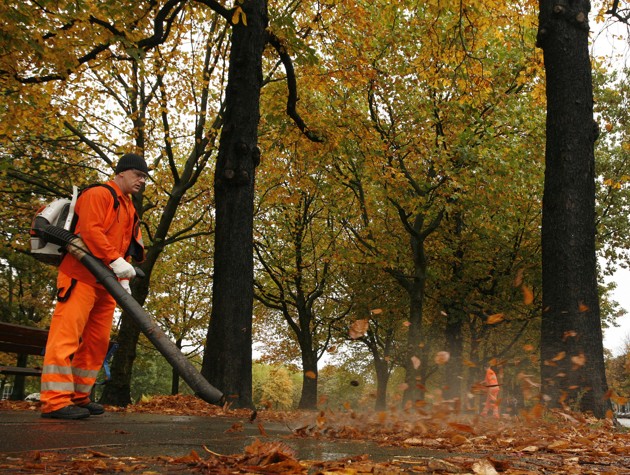
Over the past two years, my wife Deb and I have been increasingly impressed by the importance, vitality, difficulty, and effectiveness of local-level activism in the cities we’ve visited across the United States. We’ve interviewed and written about the people who are committed to changing the texture of life—and have!—in Sioux Falls, or in Fresno or San Bernardino, or in Greenville, or in Eastport or Duluth or Columbus or Allentown or Burlington or Redlands or Pittsburgh.
They have done it. What about us?
What about the place where our children were born and where they finished high school, where we own a house and have lived for more years than anyplace else: Washington D.C.? Don’t we have an obligation to keep pitching in too? The District is the site of national / international struggles but also of intense local involvement. Over the years, our local involvement has been mainly with our immediate neighborhood and with youth sports leagues and the public schools, when our children were there.
Recently we have become part of a new group involved in a small-seeming but significant aspect of D.C. neighborhood reality: the relatively recent omnipresence of gas-powered leafblowers as the raucous background sound of daily life.
For me, at least, this is an old complaint. What’s new, I have learned, is both a negative and a positive development.
***
The negative one is increasing evidence about the public health and environmental damage that the two-stroke engines used in these devices can do. According to an automotive-analyst study, running a gas-powered two-stroke leafblower for 30 minutes creates pollutants equivalent to driving a Ford F-150 pickup truck for more than 3800 miles. (How can this be? Normal car and truck engines, gasoline-powered or diesel, have been heavily regulated and dramatically cleaned up. Dirty old two-stroke engines are the outlier.) According to other studies this past summer, the extremely high-velocity (200 mph+) winds out of a leafblower disperse toxins, mold, fungi, particles of animal feces, and other pollutants into a dust that hurts the blower-operators most of all but affects the whole neighborhood. The intense winds can also destroy topsoil. An EPA report this past summer discussed the toxins and potential carcinogens to which the blower-users themselves are exposed. The research literature on this theme is vast. For the moment, our neighborhood flyer is here; a pioneering report from the California Air Resources Board is here; a searchable index to EPA reports on leaf blowers is here; and a letter from pediatricians at Mt. Sinai Hospital urging restrictions on gas-powered blowers on public-health grounds is here.
The positive development is the rapid progress in electric leaf blowers, both corded and battery-powered. The electric models are quieter, because there’s no combustion noise; and they are dramatically less polluting, because their power is from the steadily-more-regulated electric grid rather than these godawful two-stroke motors. Recent breakthroughs in battery life, like those I wrote about here, have made them more practical as alternatives.
***
So we’re going to start at the closest-to-the-neighborhood level of local government, the Advisory Neighborhood Commission, to ask for a consideration of: the new and mounting evidence of health effects, especially on lawn-crew workers; the feasibility of at least enforcing existing noise ordinances (routinely exceeded by a factor of 10); and the possibility of joining other cities in a shift to allowing electric leafblowers only, rather than the noisy and super-polluting two-stroke gas models.
To my mind, shifting toward a different leafblower regime is like requiring dog owners to clean up after their pets. It would be easier for the owners if they didn’t have to do so, but that is not fair to everyone else.
It’s also like asking people who buy clothes made in Haiti or electronics made in China to pay attention to the conditions in which those goods are made, rather than just pushing for the cheapest price. Or asking people who buy grapefruit from Florida and vegetables from the California Central Valley to think about the pesticides and toxins to which farm workers are exposed. The mindset I’m most determined to turn around is the idea that concern on this front is a “first world problem.” The real first-world attitude is: Hey, it’s fine for these (low-paid, and in our area generally non-English-speaking) lawn guys to hear this noise and breathe these fumes, while we’re downtown at the office or away for the weekend. The lawn looks great when we come back!
We’ll see, and report, where this goes. The hearing at the Advisory Neighborhood Commission in our part of D.C. is tonight.